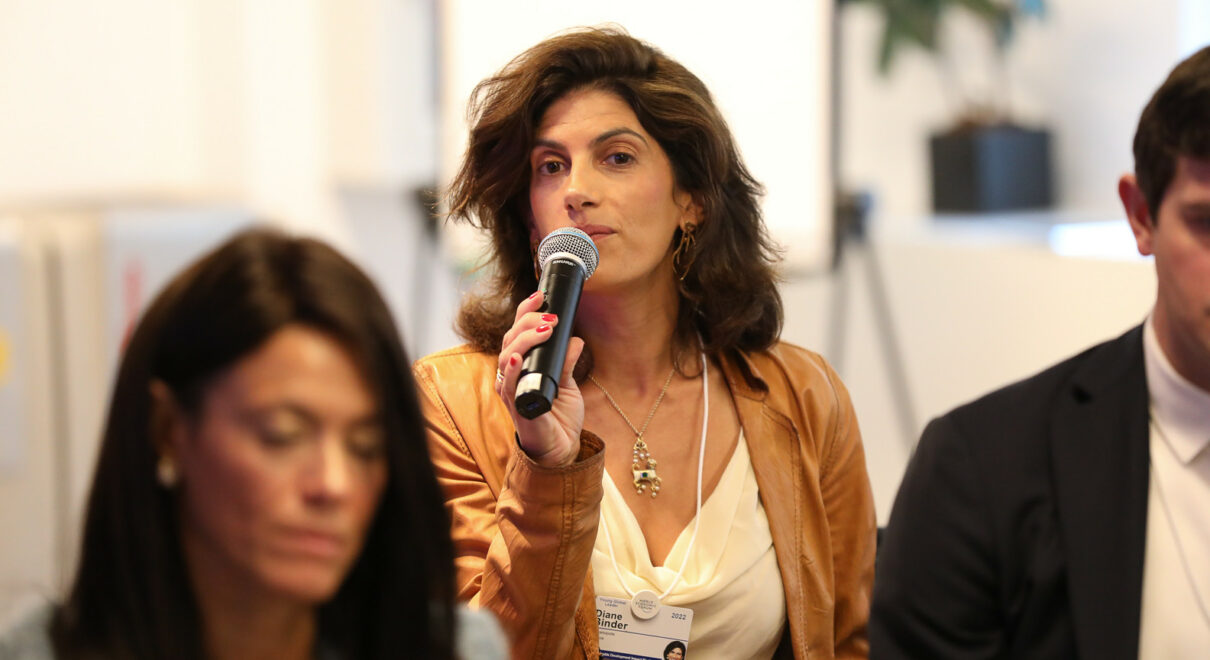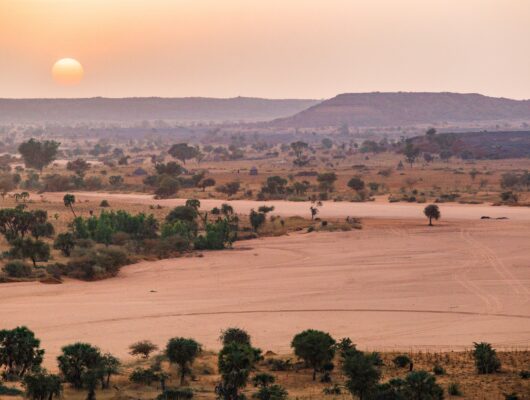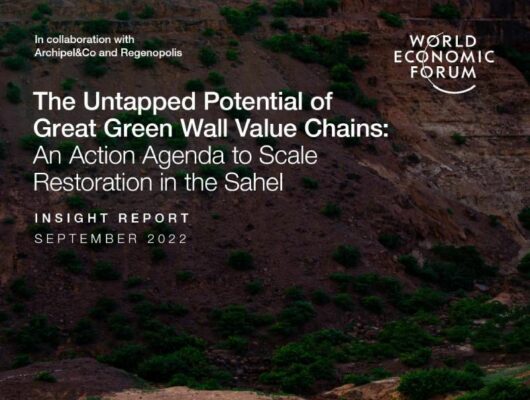Regenopolis co-founder & CEO Diane Binder was invited to contribute to SDIM to articulate her vision around equitable, nature-positive and net-zero outcomes for the world economy and nature, and mobilize relevant stakeholders around financing and supporting ecopreneurs in Africa, the role of blended finance for climate and nature and how to scale forest and land restoration.
These meetings brought together communities of purpose including business leaders, policy-makers, international and civil organizations, philantropists, investors, innovators and entrepreneurs. The goal was to build an action agenda towards the Sustainable Development Goals and foster collaboration.
Here are a few lessons:
☑️ We have ahead of us a double moonshot: honoring the 1.5 degree scenario, and reversing nature loss. To do so, we have a decade to act: to radically transform our economy and the way we live, within planet boundaries. Ecopreneurs are at the forefront of this change: their purpose is to heal the planet, they are local knowledge provider and trailblazers.
☑️ Yet, they face a number of challenges to consolidate, replicate or scale: they need access to technical expertise, mentorship, information, technology, partnerships, linkage to global commitments, and financing.
☑️ We need more collaboration across different types of capital: philantropy, public and private investments. Each has a role to play in supporting the ecopreneurship revolution. High-integrity #carbon and #biodiversity credits can also help restore nature by giving value to ecosystem services.
☑️ Measuring impact is key to ensure integrity and efficiency. Simplified metrics for ecopreneurs and AI are 2 necessary instruments to ensure that they can achieve scale and have access to international markets and financing.
☑️ Multi-stakeholder coalitions are the only way to succeed at scale: only together will we achieve the scale of the challenges ahead of us. This is « Ubuntu », we act together as one ; our cooperation is a factor of success and harmony.
☑️ Forests and nature at large are the reason why our planet sustains life. Their restoration is therefore vital in the face of climate and biodiversity crises. The example of the Sahel is interesting: leveraging markets for commercially viable restoration allows to achieve environmental, biodiversity and carbon mitigation benefits, while boosting the resilience, welfare and food security of the population.
All those lessons learned only validate the model of Regenopolis. Our mission : to support the development of regenerative cities in Africa, and the regeneration of surrounding natural ecosystems, including the Great Green Wall.




